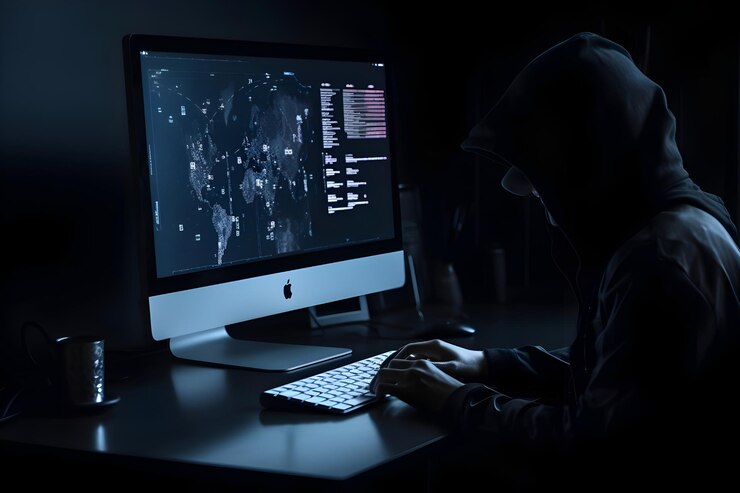X
C
L
U
E
S
H
I
E
L
D
- info@clueshieldforensic.com
- Open Hours: Mon - Sat 10.00 am - 7.00 pm
Cyber Forensic Services/Call Detail Analysis
Cyber Forensic Examination: Investigating Digital Evidence for Legal Proceedings
Cyber forensic examination, also known as digital forensics, is a specialized field of forensic science focused on the investigation, analysis, and preservation of digital evidence for legal purposes. This discipline involves the systematic collection, examination, and interpretation of digital data to uncover evidence of cybercrimes, security breaches, and other illicit activities.

Key Aspects of Cyber Forensic Examination
- Evidence Acquisition: Cyber forensic examiners collect digital evidence from various sources, including computers, mobile devices, servers, network logs, cloud storage, and IoT devices. They use specialized tools and techniques to preserve evidence in a forensically sound manner, ensuring its admissibility in court.
- Data Recovery and Analysis: Cyber forensic experts recover and analyze digital data to uncover relevant information, such as user activities, communications, file access, and system events. They examine file systems, registry entries, internet history, and other artifacts to reconstruct events and identify potential evidence.
- Malware Analysis: Cyber forensic examiners analyze malware samples to understand their behavior, functionality, and impact on systems and networks. They reverse-engineer malicious code, analyze network traffic, and identify indicators of compromise (IOCs) to detect and mitigate cyber threats.
- Network Forensics:Cyber forensic experts investigate network traffic, logs, and communications to identify security incidents, intrusions, and unauthorized activities. They analyze packet captures, firewall logs, DNS records, and intrusion detection system (IDS) alerts to trace the origin and scope of cyber-attacks.
- Incident Response: Cyber forensic examiners play a crucial role in incident response by conducting digital investigations, containing security breaches, and mitigating the impact of cyber incidents. They collaborate with IT security teams, law enforcement agencies, and legal counsel to coordinate response efforts and preserve evidence for future analysis.
Applications of Cyber Forensic Examination
- Criminal Investigations: Cyber forensic examination is used in criminal investigations to analyze digital evidence related to cybercrimes, financial fraud, intellectual property theft, and online harassment. It helps identify suspects, gather evidence, and support prosecution efforts.
- Corporate Investigations: Cyber forensic examination assists organizations in investigating security breaches, data breaches, insider threats, and employee misconduct. It helps identify security vulnerabilities, assess the extent of damage, and implement remediation measures to prevent future incidents.
- Legal Proceedings: Cyber forensic evidence is admissible in court proceedings such as criminal trials, civil litigation, and regulatory investigations. It can provide critical insights into digital activities, document chain of custody, and support legal arguments and expert testimony.
- Compliance and Regulatory Compliance: Cyber forensic examination helps organizations comply with industry regulations, data protection laws, and regulatory requirements. It ensures the integrity, confidentiality, and availability of digital assets and helps demonstrate due diligence in security and privacy practices.
